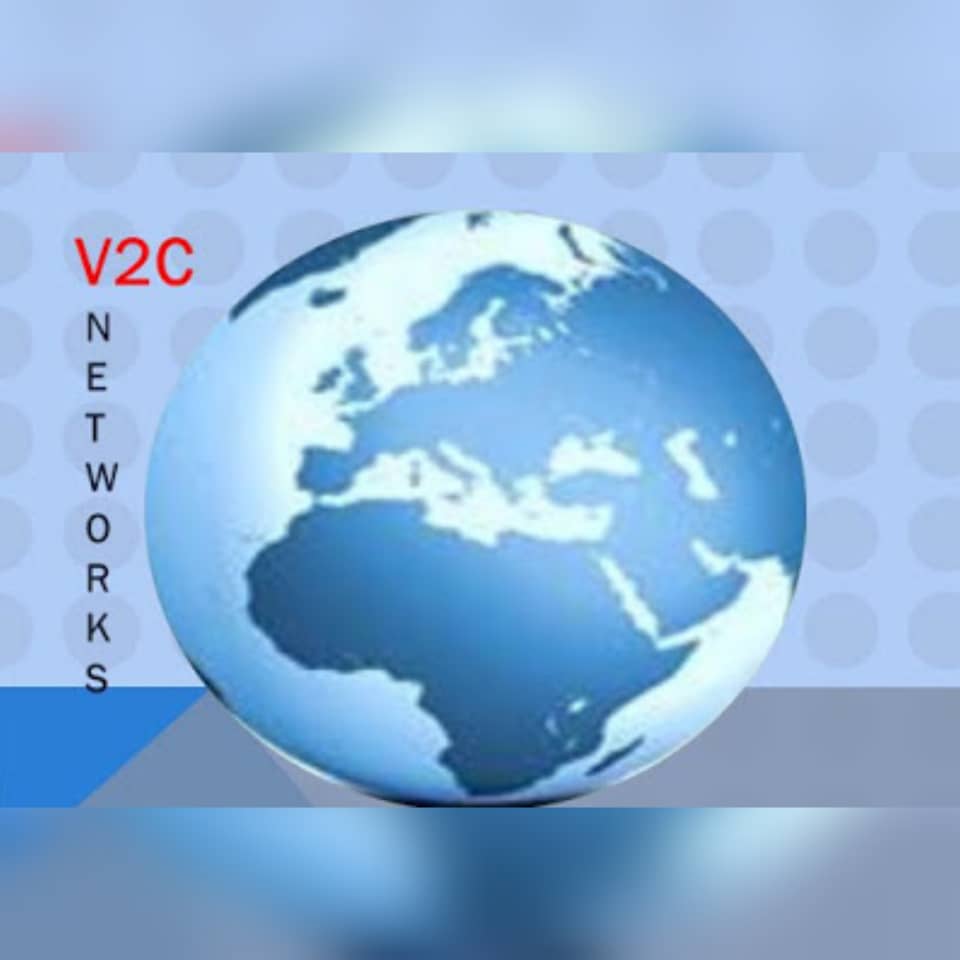…Commends NIMASA For Human Capacity Development
The Head of the Civil Service of the Federation, Mrs. Winifred Oyo-Ita, has identified human capacity as an area where Nigeria has a huge comparative advantage in the global maritime community, stating that this unique human asset was significant in the effort to sustainably harness the country’s marine biodiversity.
VISIT HERE FOR ALL YOUR BABY PRODUCTS AND GAMES AND TOYS
She spoke in Lagos during the 2019 African Day of Seas and Oceans, with the theme, “Harnessing Nigeria’s Marine Biodiversity for Accelerated Economic Growth.” Represented by the Permanent Secretary, Common Services, Office of the Head of the Civil Service, Dr. Bakare Wadinga, Oyo-Ita commended the Nigerian Maritime Administration and Safety Agency (NIMASA) for its initiatives to enhance human capital in the maritime sector and increase the industry’s contribution to the national economy.
She stated, “Nigeria has enormous potential for economic growth and prosperity by enhancing its economy through significant increase of economic activities around fisheries, aqua culture, marine tourism, development of ports and terminals, intra-city water-borne transportation, which would help create jobs, reduce poverty, and diversify our economic base.”
Oyo-Ita added, “We need to create awareness on the potentials of the sea and ocean resources to catalyse our economic growth to enable us meet our sustainable development goals to conserve and sustainably use the seas and oceans to promote the restoration of our marine ecosystem.”
On his part, the Director General of NIMASA, Dr. Dakuku Peterside, stated that the 2019 celebration provided an opportunity to deliberate on the exploration of the enormous resources in Africa’s seas and oceans.
Dakuku stated, “Marine biodiversity, as you are aware, consists of the different species, their richness and abundance in the world’s oceans and seas. The sustainability of these diverse species, which are abounding in African seas and oceans, is not only important to us as Africans but also of a direct economic benefit to us as a nation.”
He disclosed that NIMASA was working with the different arms of government to formulate and implement relevant policies towards sustainable management of the marine environment.
“Let me inform you that NIMASA has concluded and forwarded to the executive arm of government: the Hong Kong Convention for the Safe and Environmentally Sound Recycling of Ships, 2009; the Protocol on Limitation of Liability for maritime Claims (LLMC) and four other IMO instruments on marine environment management, for ratification,” he said.
The event featured paper presentations by President, Women’s International Shipping and Trading Association (WISTA), Ghana, Jemilat Mahamah; Secretary-General of Abuja Memorandum of Understanding (Abuja MoU), Mrs. Mfon Usoro; environmental consultant, Professor Babajide Alo; and President, Chartered Institute of Logistics and Transport, Nigeria, Mr. Ibrahim Jibril.
The keynote paper by Mahamah was titled “Mainstreaming Gender For Sustainable Seas and Oceans Development: The African Agenda.”
The African Day of the Seas and Oceans was instituted by the African Union in 2015. It seeks to draw attention to the need for proper management of the marine resources for the development of the African continent.












